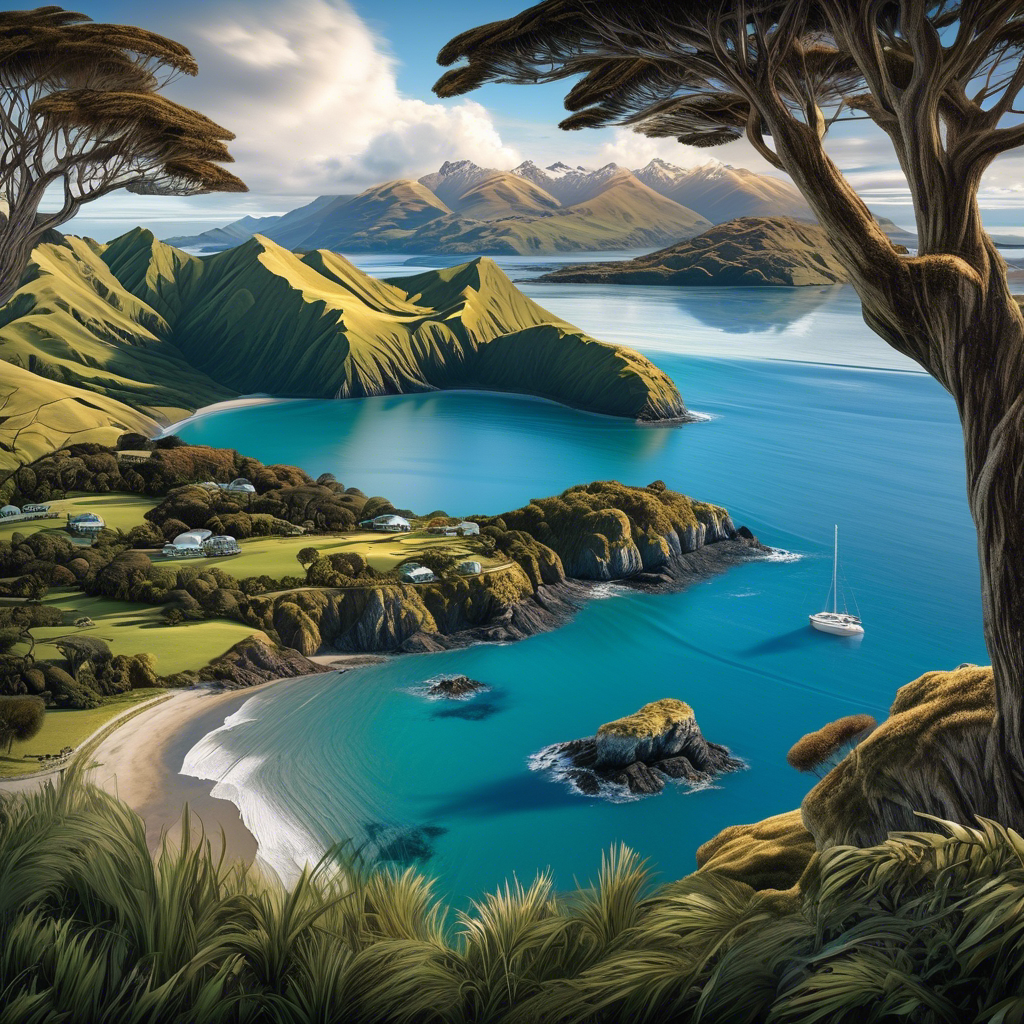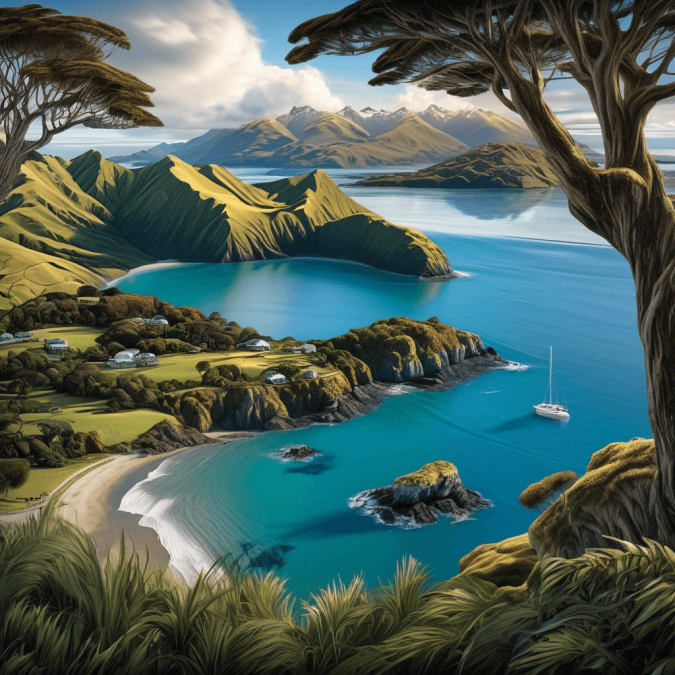
The discovery of New Zealand is a fascinating tale that has had a profound impact on the lives of both the native people of the land and the broader history of the world. Situated in the southwestern Pacific Ocean, New Zealand was first settled by Polynesian explorers around 1250-1300 AD. These early settlers, known as the Maori, established a rich and vibrant culture that continues to thrive to this day.
The story of New Zealand’s discovery is intricately tied to the broader history of exploration and colonization in the region. In the 17th century, European navigators began to explore the Pacific, hoping to find new trade routes and sources of wealth. It was during this period that Dutch explorer Abel Tasman became the first European to sight New Zealand in 1642. Tasman’s encounter with the land was brief and marred by violence, as he clashed with the Maori people in what would later be known as Golden Bay.
Following Tasman’s expedition, New Zealand remained largely isolated from the rest of the world for nearly a century. It wasn’t until the late 18th century that British explorer James Cook arrived in New Zealand and began to chart its coastlines and explore its interior. Cook’s voyages brought increased attention to the region and paved the way for further European exploration and settlement.
The impact of New Zealand’s discovery on the lives of its native people was profound. The arrival of European settlers led to significant changes in Maori society, as traditional ways of life were disrupted and new technologies and customs were introduced. Conflict between Europeans and Maori over land and resources also shaped the early history of New Zealand, culminating in the New Zealand Wars of the mid-19th century.
The discovery of New Zealand also had far-reaching implications for the broader history of the world. The colonization of New Zealand by European powers such as England, France, and Spain marked the beginning of a new era of global expansion and imperialism. The land was quickly integrated into the global economy, with resources such as timber, wool, and gold playing a key role in shaping the country’s development.
In addition to its economic importance, New Zealand also played a significant role in the political and social history of the world. The country’s unique blend of Maori and European cultures has led to the development of a distinct national identity, characterized by a strong sense of pride and independence. New Zealand’s commitment to democracy and social justice has also made it a leader in areas such as women’s suffrage and indigenous rights.
Overall, the discovery of New Zealand has had a lasting impact on the lives of its people and the broader history of the world. From its early settlement by Polynesian explorers to its colonization by European powers, the land has been shaped by a rich tapestry of cultures and traditions. Today, New Zealand stands as a testament to the enduring spirit of exploration and discovery, and a reminder of the power of human ingenuity and resilience.
